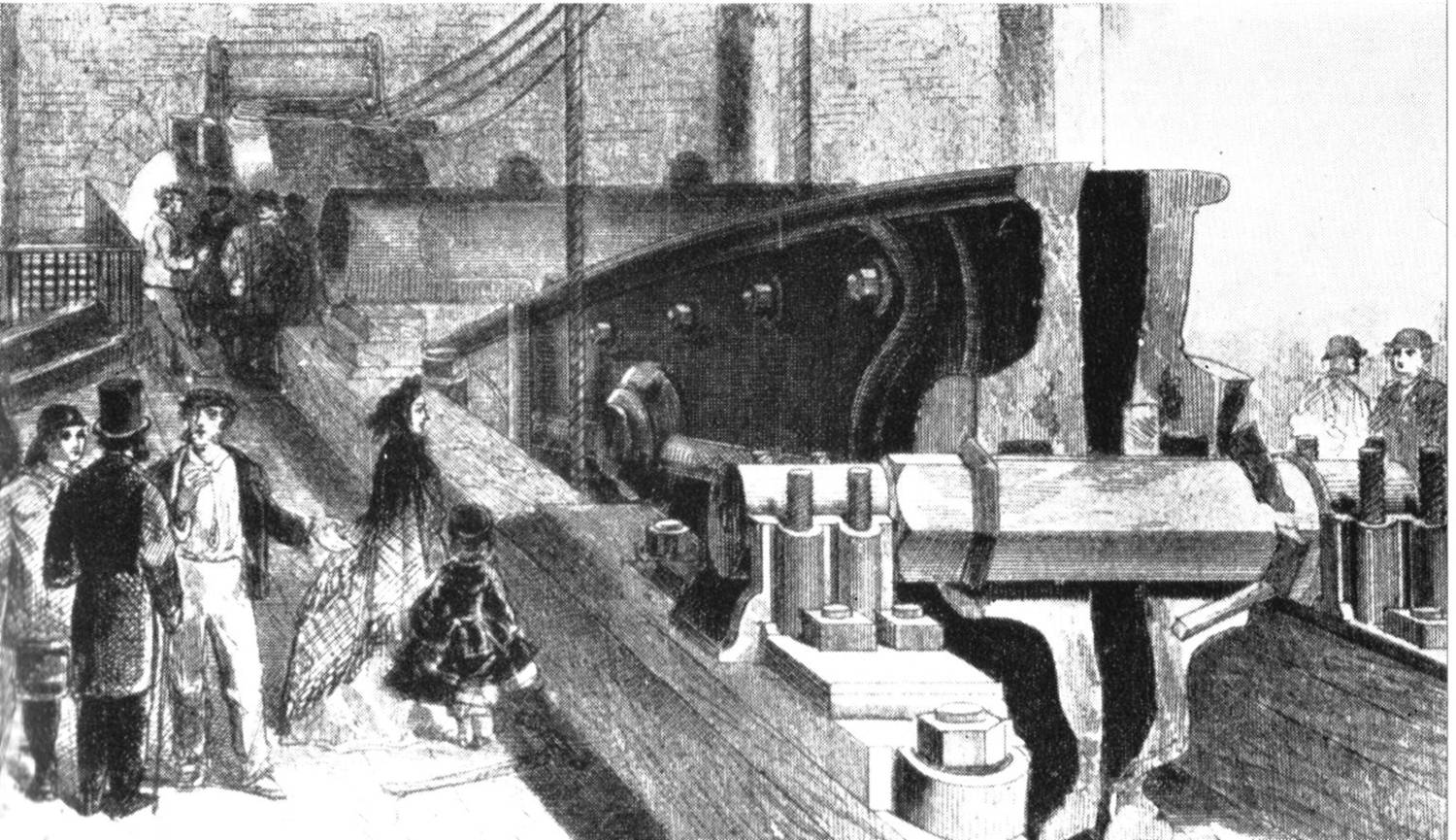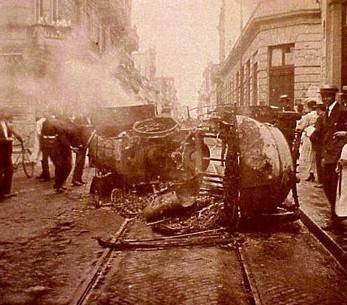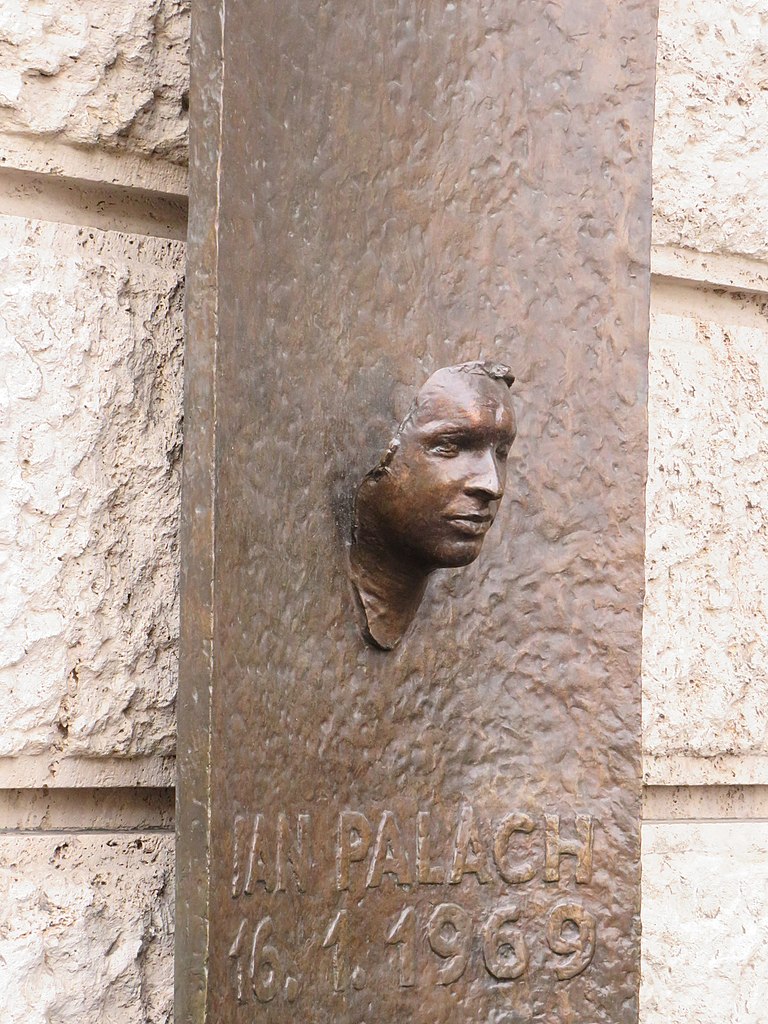1300s-1600s
Today in Labor History January 16, 1362: The Second Saint Marcellus’s Flood killed 25,000 people in the British Isles, Netherlands, Germany and Denmark. It was caused by an intense extratropical cyclone. The storm swept inland, creating islands on the mainland. Entire towns were swept away.
Today in Labor History January 16, 1605: Miguel de Cervantes published Book one of Don Quixote in Madrid.
1800s

Today in Labor History January 16, 1862: 204 men and boys died in the Hartley Colliery disaster in the UK. The disaster led to a new law requiring all collieries to have two independent means of escape. The Avondale disaster, in Pennsylvania, 1869, killed 110 men and boys. It also had only one means of escape. It is quite likely that many would’ve survived had there been another means of egress.
1910s

Today in Labor History January 16, 1919: Semana Tragica (Tragic week) ended on this date in Buenos Aires. The authorities slaughtered as many as 700 workers and wounded 2,000. The government repression that followed decimated the militant Argentinean anarchist labor movement. From 1902 until 1909, the Federacion Obrera Regional Argentina had waged a series of General Strikes against the bosses and anti-labor legislation.
The Semana Tragica began as a strike at the Vasena metal works. On January 3, striking workers fired on the police, wounding three. January 7, the maritime workers voted for a General Strike for better wages and hours. On that same date, militant workers shot and killed an army lieutenant at the Vasena metal works. The police responded by killing five workers. That night, militant workers killed two more soldiers. On January 8, the waterfront strike began, halting all loading and unloading of cargo. On January 8, hundreds marched in a funeral procession for the workers who had been killed by the cops. Along the way, they attacked property and burned cars.
The police fired into the procession, killing several people. Mobs then rampaged throughout Buenos Aiers, burning streetcars and buildings, looting sporting goods stores for guns and ammunition. 3,000 stormed the Lacrose Station. The Argentine Chamber of Deputies fought with each other, but took no action on the violence in the streets. The violence and killings continued for days, with right-wing vigilantes joining the police and soldiers and committing pogroms against the city’s Jews.
1960s-1970s

Today in Labor History January 16, 1969: Jan Palach committed suicide by self-immolation in Prague, Czechoslovakia to protest the Soviet invasion that ended the Prague Spring. Prior to his political suicide, he sent a letter to several public figures demanding an end to censorship and an end to the Soviet propaganda paper, as well as a call for a General Strike to meet these demands. His funeral turned into a major protest against the occupation. Several others also committed self-immolation in the coming months.
Today in Labor History January 16, 1979: the last Iranian Shaw fled Iran for good.
1990s-2000s

Today in Labor History January 16, 1991: The U.S. invaded Kuwait and Iraq. By the end of the First Gulf War, the U.S. had killed over 1,000,000 Iraqis from the bombings and the effects of the five-year embargo they imposed.

Today in Labor History January 16, 1992: The government of El Salvador and the FMLN rebels signed a peace accord, formally ending their 12-year-old civil war. 75,000 people died in that war, mostly civilians, and mostly at the hands of the military and government supported death squads. And 25% of the population became refugees. The U.S. taxpayers heavily subsided the Salvadoran government and its death squads.
Today in Labor History January 16, 2001: President Clinton gave former President Teddy Roosevelt a posthumous Medal of Honor for the war crimes he committed during the Spanish-American War.